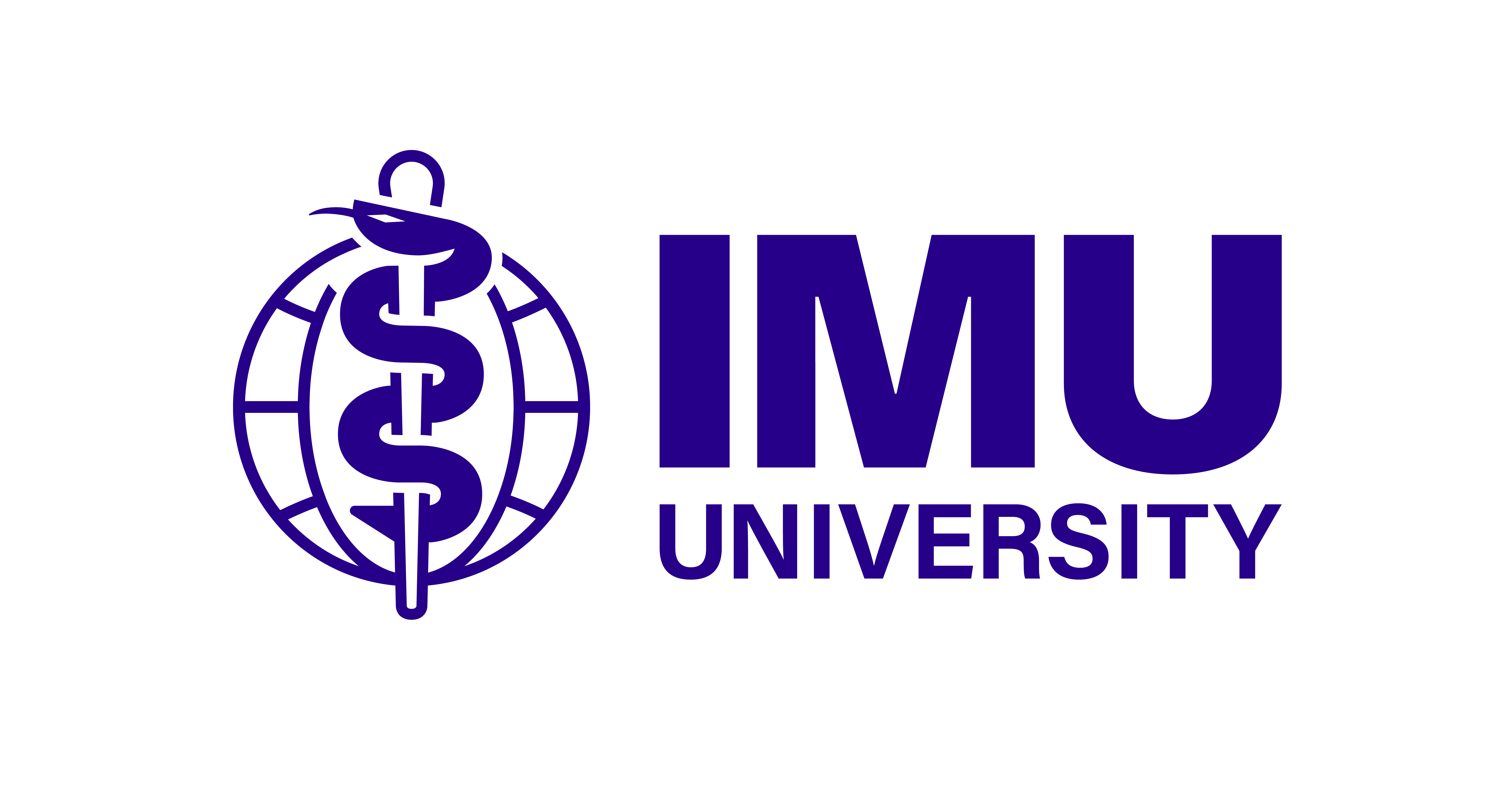Authors: Wai Mun Tang, Tze Yee Wong, Cherish Chai.
ABSTRACT
Background: Positive physician-nurse collaborative relationship is the key determinant for patients’ outcomes.
Objective: The purpose of the study was to investigate registered nurses’ attitude towards physician-nurse collaboration and its association with demographic characteristics.
Methodology: The study was descriptive and cross-sectional. The data of the study was collected using the “Jefferson Scale of Attitudes toward Physician-Nurse Collaboration”. The sample size of the study was 127 registered nurses recruited using convenience sampling. Descriptive statistics and inferential statistics t-test were used for data analysis.
Results: The results showed that nurses’ attitude towards physician-nurse collaboration was positive (M=3.25, SD±0.29). The attitude of the participants was highly positive towards “shares education and collaboration” (M=3.42, SD±0.36), “nurse’s autonomy” (M=3.42, SD±0.44), and “caring vs. curing” subscales (M=3.41, SD±0.41). However, the participants rated lowest for “physician’s authority” subscale (M=2.12, SD±0.83) and particularly on the item “doctors should be dominant authority in all health care matters” (M=2.11, SD±0.99). Furthermore, t-test analysis revealed no significant association between nurses’ attitude towards physician-nurse collaboration and demographic characteristics such as age, gender, and educational level (p > 0.05).
Conclusion: The results of the study provided some crucial evidences on nurses’ attitude towards physician-nurse collaboration. The evidences are useful for the relevant stakeholders to initiate relevant strategies to improve and strengthen the relationship gap between physicians and nurses.
Keywords: Attitude, physician-nurse, collaboration, registered nurses.
Citation: IeJSME 2017 11(1): 12-20

